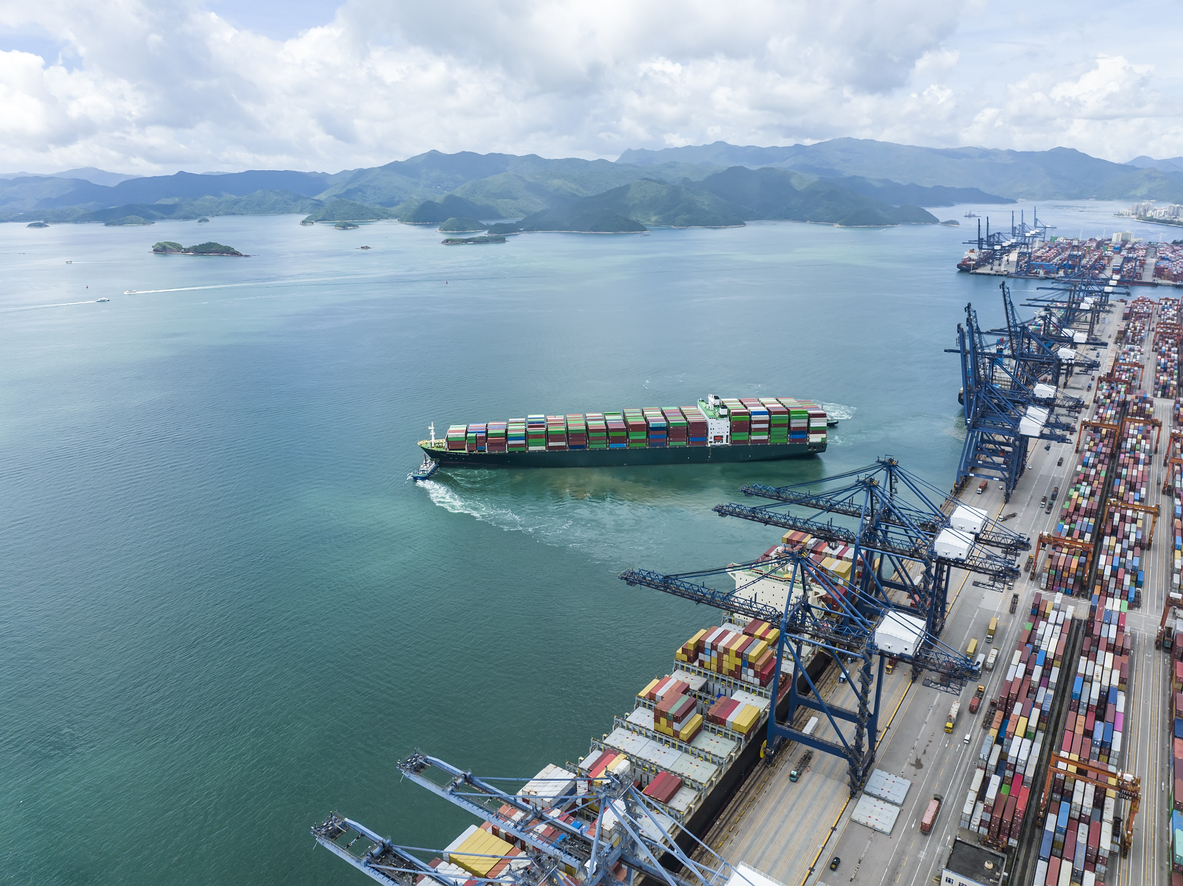Port of Destination – Arrival: Understanding the Shipping Process
The port of destination plays a crucial role in global trade, marking the final seaport where goods are delivered after international transit. Understanding what happens at a port of destination upon arrival is essential for businesses and importers managing logistics and supply chains.
This article explains the significance of the port of destination, the process of cargo arrival, customs clearance, and how to ensure smooth operations when receiving shipments.
1. What Is a Port of Destination?
A port of destination is the seaport where cargo arrives after being shipped from the port of origin. It is the final shipping destination before the goods are transported to their end customers or warehouses.
The port of destination is typically specified in shipping contracts, bills of lading, and trade agreements to ensure proper handling of the cargo upon arrival.
2. The Cargo Arrival Process at the Port of Destination
When a shipment reaches the port of destination, it goes through several key steps before being released to the importer:
1. Vessel Docking and Unloading
- The ship carrying the cargo arrives at the port and docks at an assigned terminal.
- Containers and bulk cargo are unloaded using cranes and specialized equipment.
2. Customs Clearance and Inspection
- The local customs authorities inspect the shipment to ensure compliance with import regulations.
- Documentation, such as the bill of lading, commercial invoice, and import permits, is verified.
- Depending on the cargo type, authorities may conduct physical inspections or sampling for quality control.
3. Payment of Duties and Taxes
- Import duties, taxes, and other charges must be paid before the cargo is released.
- Some ports allow pre-clearance, where importers pay duties before arrival to expedite processing.
4. Cargo Release and Inland Transportation
- Once customs clearance is completed, the goods are released to the consignee (importer or freight forwarder).
- The cargo is then transported by trucks, trains, or other logistics providers to warehouses, distribution centers, or final buyers.
3. Common Challenges at Ports of Destination
1. Delays in Customs Clearance
- Missing or incorrect documentation can slow down clearance.
- Regulatory inspections may take longer for sensitive or high-risk goods.
2. Port Congestion
- Busy ports often experience delays due to high cargo volumes and limited unloading capacity.
- Weather conditions and labor strikes can further disrupt port operations.
3. High Port Fees and Storage Costs
- Some ports charge high demurrage and storage fees if cargo is not cleared on time.
- Importers must plan for timely pickup to avoid additional charges.
4. How to Ensure Smooth Cargo Arrival at the Port of Destination
1. Work with Reliable Freight Forwarders
- Professional freight companies help manage documentation, customs clearance, and transport logistics.
2. Ensure Proper Documentation
- Verify that all shipping documents, including invoices, packing lists, and import permits, are complete and accurate.
3. Pre-Clear Cargo When Possible
- Paying duties and submitting clearance documents before arrival can speed up processing.
4. Track Shipments in Real Time
- Use GPS tracking and port information systems to monitor vessel schedules and estimated arrival times.
5. Plan for Final Delivery in Advance
- Arrange inland transportation before the cargo arrives to avoid unnecessary storage fees.
Conclusion
The port of destination is a vital stage in the global shipping process, where imported goods are received, cleared, and transported to their final destination. By understanding the cargo arrival process, anticipating challenges, and working with experienced logistics partners, businesses can ensure smooth and efficient delivery of their shipments.
Looking for reliable freight and logistics services to handle your shipments? Wigmore Trading specializes in seamless cargo transportation, customs clearance, and port logistics. Contact us today to optimize your supply chain!








Comments are closed.